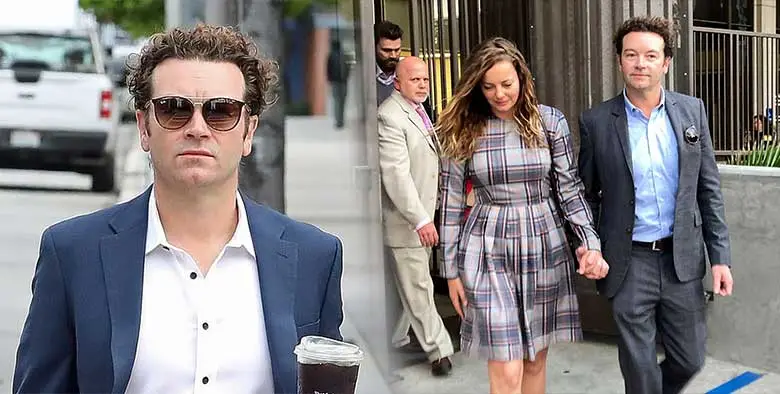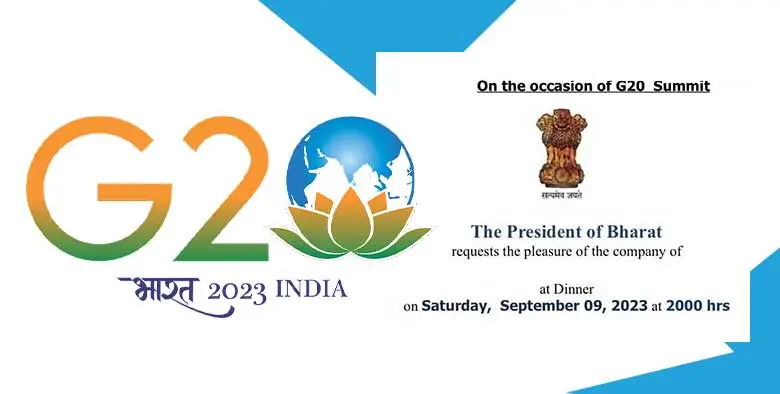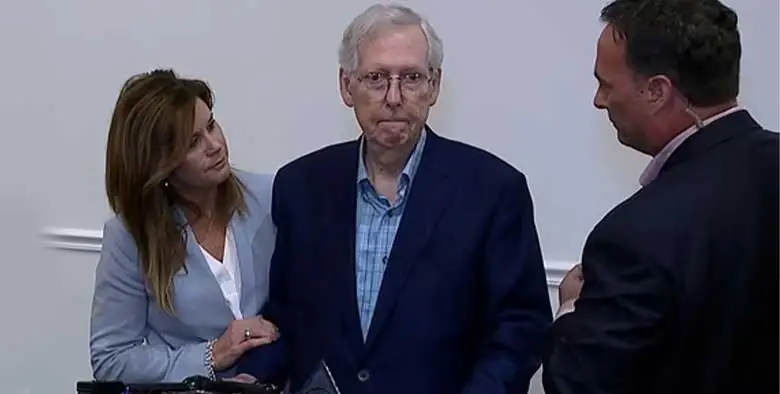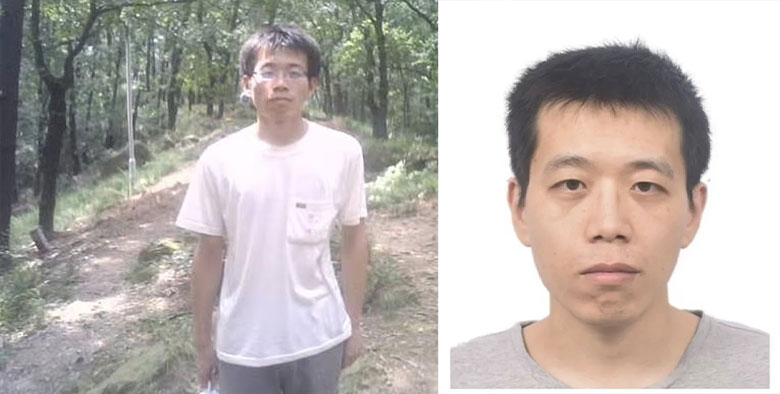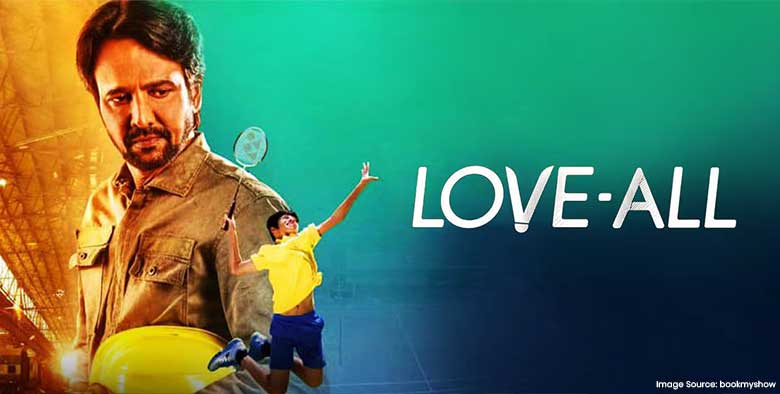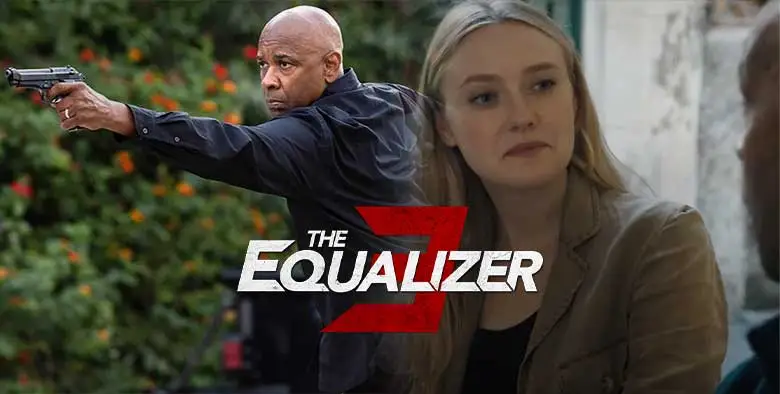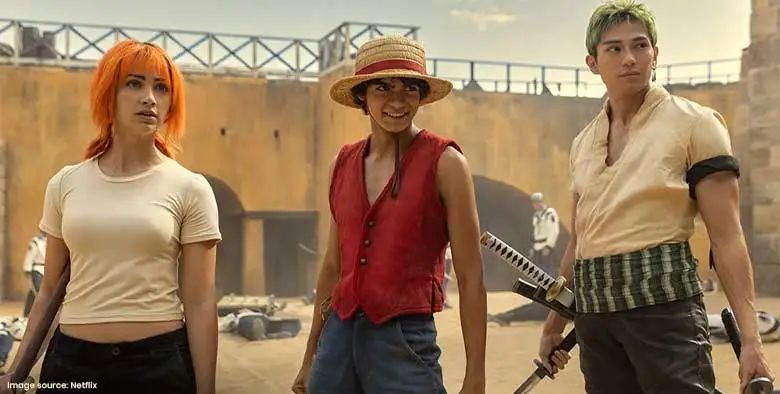- Know Everything About Nipah Virus, Which Is Back In Kerala Again
- Kevin Porter Jr Arrested On His Girlfriend’s Assault Charge
- Market Change Overnight - Know The 8 Things That Did It
- Who Are Alba Baptista And Chris Evans Married On The Weekend?
- Disrupted India vs Pakistan Asia Cup 2023 Match on Reserve Day
- 10 Common Foods That Contain No Calories or Are Very Low in Calories
- Men’s Styling Tips - Know the 9 Common Style Mistakes to Avoid
- Coco Gauff Beats Karoline Muchova and Reaches the US Open Final
- Danny Masterson Gets Life Sentence of 30 Years for Two Rapes
- Experience A Splendid Vacation in Kashmir with These 15 Gorgeous Sights
- India
- Saturday , July 27, 2024
- Last Published Sep 12, 2023, 6:48:32 PM

Dissenter, Liberalist, Most Disliked Judge by Right Wingers, Meet Justice DY Chandrachud, The 50th CJI!
On October 17, 2022, President Droupadi Murmu appointed Dr Dhananjay Yeshwant Chandrachud (DY Chandrachud) as the 50th Chief Justice of India. With his appointment, Justice Chandrachud is likely to assume charge of the top judicial officer of India on November 9, 2022. Although a lot of things have been covered about the upcoming CJI, we are going to share with you a summarized view of his exceptional career as a legal practitioner. The thing that makes DY Chandrachud reputed identity is his outstanding intellect and dissenting ability. Family And Educational Background of DY Chandrachud Dr Dhananjay Yeshwant Chandrachud was born on November 11, 1959. He is the son of former CJI Yeshwant Vishnu Chandrachud, who was also the longest-serving Chief Justice of India, and Prabha Chandrachud, who was a classical musician. Since his childhood, DY Chandrachud grew up under the influence of his father, who was an active practitioner of law and associated fields. Treating his father as his sole guide, Dhananjay pursued his schooling at the Cathedral and John Connon School, and later due to his father's appointment in Delhi, he completed his remaining tenure at the St Columbia's School, Delhi. After his matriculation, Chandrachud completed his BA (Honours) degree in Economics and Mathematics from St Stephen's College, Delhi, in 1979. Dhananjay was very much influenced by his father's profession, so he took admission to Delhi University's Faculty of Law. There, he obtained a Bachelor of Law degree in 1982 and later, decided to go abroad to pursue advanced courses in law. He took admission to the prestigious Harvard University USA to complete his LLM and Doctorate in Judicial Services. After finishing his advanced studies in legal services, he returned to India in 1986 and stepped into the profession of a regular lawyer. A Glimpse At DY Chandrachud's Inspiring Legal Career Justice DY Dhananjay started his career when there was little scope for junior lawyers due to high competition in the law field. However, taking it as a challenge, Dr Chandrachud started working as a junior advocate. In the beginning, he spent most of his time assisting other lawyers and judges. Notably, he also worked under the guidance of Fali Nariman for a while. However, after attaining his doctoral degree from Harvard, Chandrachud joined Sullivan & Cromwell, a prestigious law firm. Although he was at a reputed post at Sullivan & Cromwell, Chandrachud didn't find that job interesting and returned to India. In India, Chandrachud started his legal practice at the Bombay High Court where he became a Senior Lawyer and was ultimately elevated to Additional Solicitor General rank in 1998. He served as the ASG until he was promoted to a judge rank in the same court. There, he started his career of being an active dissenter. After serving in the same office for over a decade, Dr Chandrachud got the esteemed post of Chief Justice of Allahabad High Court. Besides serving as the CJ of High Court, Dr Dhananjay was the Head of the Maharashtra Law Academy. He served the post for two-and-a-half years before being nominated as a Supreme Court Judge in May 2016. Since his appointment, DY Chandrachud has been serving as a top official and emerged as the seniormost judge to chair the top judicial office of the country. Justice DY Chandrachud, An Active Dissenter Throughout his legal career, Justice Chandrachud never hesitated to speak in favour of an individual’s dignity and fundamental rights. Due to this, people close to him also call him an Active Dissenter. Justice Chandrachud, in his tenure as an SC judge, has penned many landmark judgements. We can relate better from the fact that he even overruled his father's verdicts in many matters. His perspective towards protecting individual rights is also the sole cause behind his involvement in around 7 constitutional benches. DY Chandrachud scribbled many remarkable judgements throughout his career as a Supreme Court judge. Some of these involve:
- The Ayodhya land title dispute.
- Decriminalization of Section 377 of the IPC in Navtej Singh Johar & Others vs Union of India (2018).
- Women's entry into Sabrimala temple in Indian Young Lawyers Association & Ors vs The State of Kerala & Others.
- Validity of Aadhaar scheme in Justice K.S. Puttaswamy and Anr vs Union of India (UOI) and Others.
- Scope of abortion for unmarried women in Medical Termination of Pregnancy (Act).
- Posting of women officers in permanent posting in Babita Puniya & Ors vs The Secretary, Ministry of Defence (2020).
- Recognition of living will in Common Cause (A Regd Society) vs Union of India & Anr (2018).
- Digitization of the court's infrastructure and live proceedings of the constitutional bench also came into effect after Justice Chandrachud's and ex-CJI NV Ramana's combined efforts.
- And, most importantly Justice Chandrachud-headed bench gave the historic judgement for the demolition of the Noida Twin Towers


